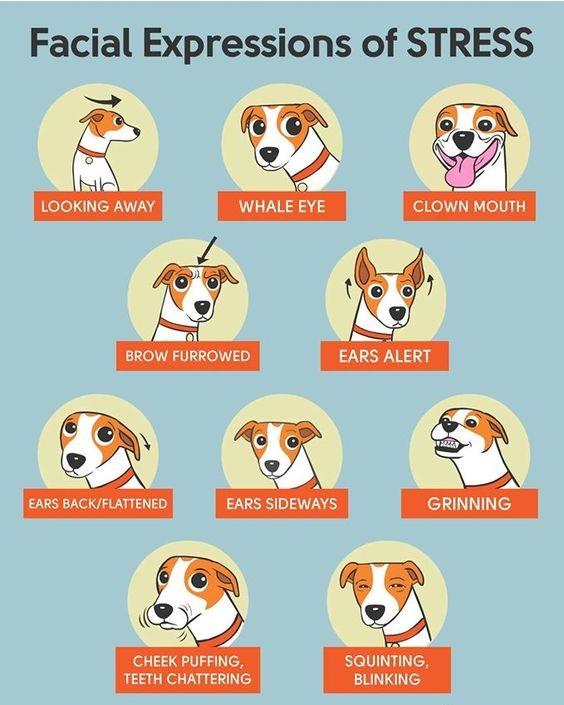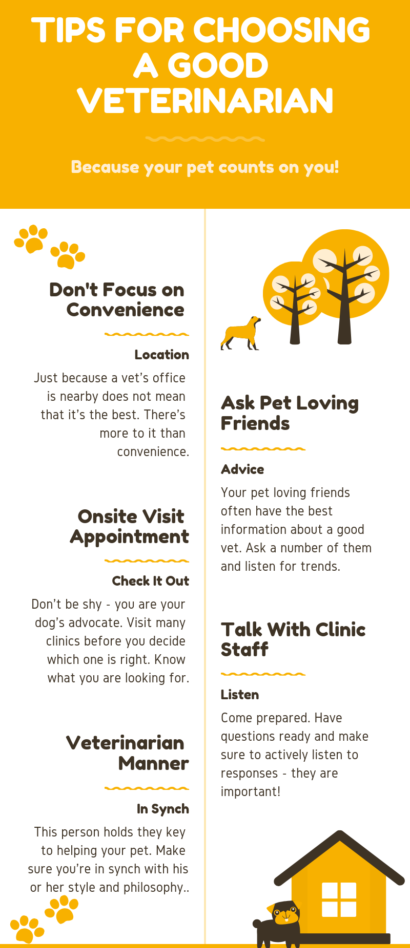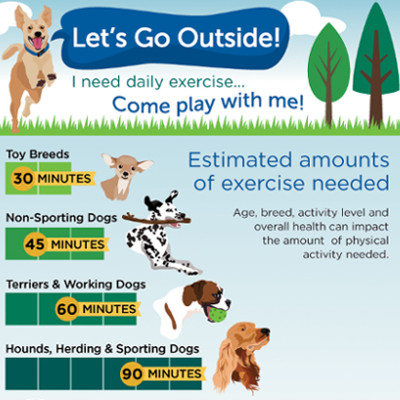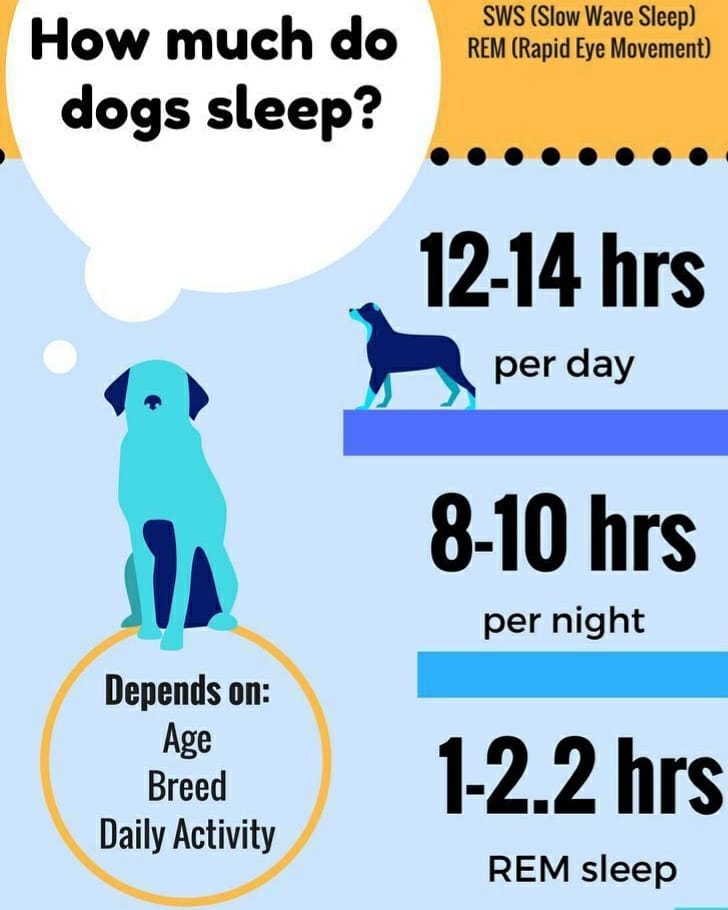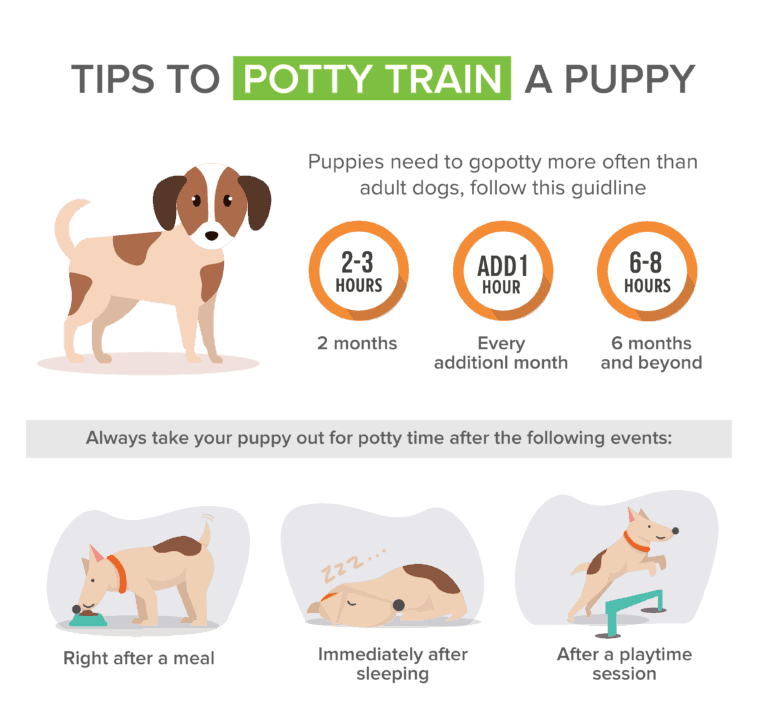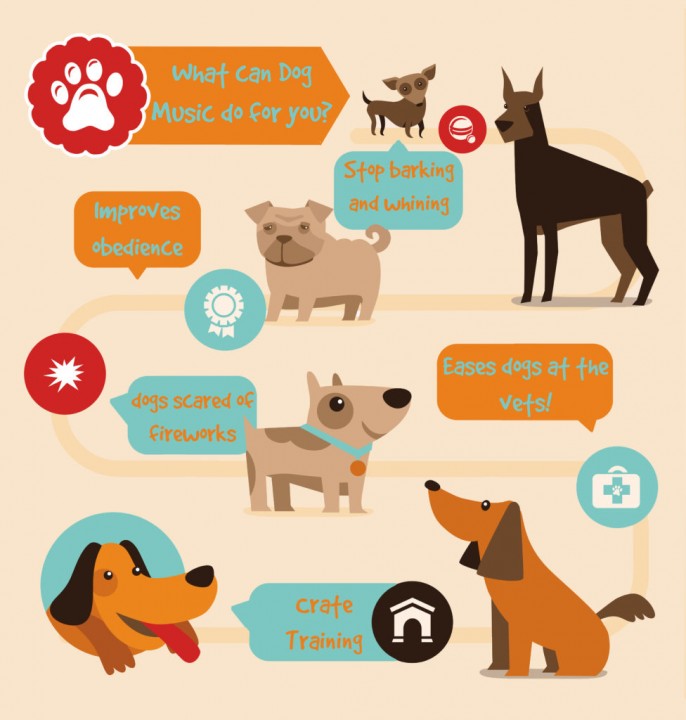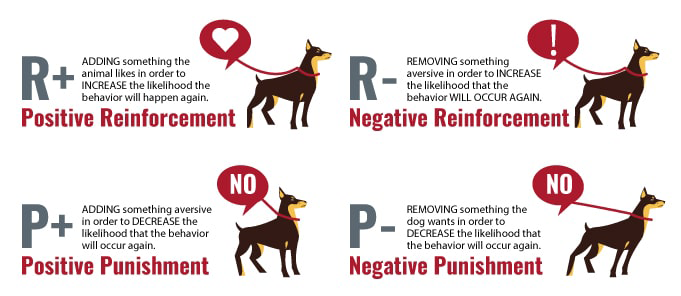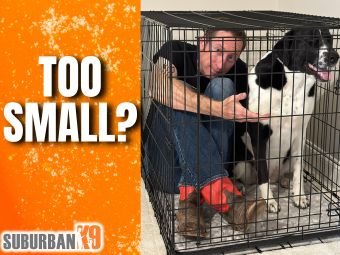How To Stop Your Dog Barking At Night [7+ Calming Methods]
You're just trying to catch some Z's but your beloved pooch is convinced that the world is ending and it's up to them to sound the alarm. Or perhaps your dog studied too much of the bark-eology in the pup academy. In either case, if your dog’s incessant barking is making you and your neighbors go bananas, you need to learn how to stop your dog from barking at night ASAP.
Domestic dogs barking at night is not ok. If your dog permanently adopts this behavior, you need to do something about it. Our feature today is all about how to stop your dog from barking at night. We’ll go deeper into the details to identify all the nitty gritty details causing this unusual behavior.
By the time you finish, you will know exactly where you are going wrong and how you can use our 8 proven techniques to help them just zip it. We promise you a peaceful snooze is just around the corner and you can thank us later.
Get To The Bottom Of It – 5 Common Reasons Why Dogs Bark At Night
Did your dog have a bark-B-Q for dinner? This could be one reason your dog is barking all night. On a serious note, this behavior is not normal and there could be 101 triggers behind why dogs start barking at night. It's time to find the root cause so that this behavior can be dealt with accordingly.
Here are the 5 most common reasons why dogs bark at night.
I. Separation Anxiety
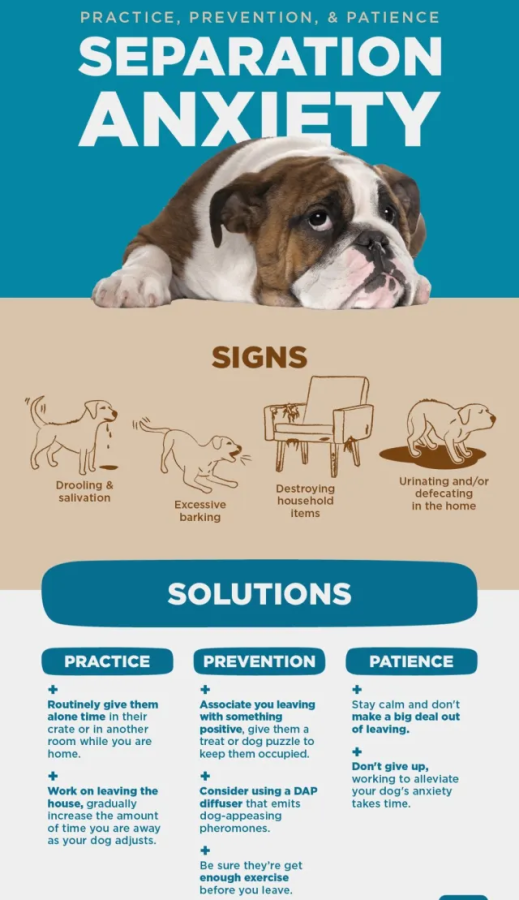
Maybe your dog had a ruff day and he is just looking for cuddles. Some dogs go through separation anxiety as soon as they are away from their owners. Fear of the unknown is a common emotional turmoil that dogs go through when left alone.
For many dogs, howling through the night is their way of showing distress at being left alone. If this is the case, dealing with your dog’s separation anxiety is not impossible. You can start crate training, work with a professional dog trainer or see your veterinarian to create a plan to overcome this issue.
II. Illness Around The Corner
Your dog may be in pain and chances are you don't know about it. A senior dog can have multiple health issues. It could be joint pain that is making them uncomfortable and not letting them sleep through the night.
For active dogs, look for signs. Check their body to see if they are hurt or if they are drinking more water than their usual intake. An injury during the day or some kind of infection or trouble in the stomach may be affecting them.
III. Hunger
Maybe your dog is all up for midnight snacking and is in the mood for a McDonald's home delivery. Hunger can be quite distressing for a dog and can make it howl due to the inability to relax and sleep. Check your dog’s food schedule.
Growing dogs have growing needs. Check if you are feeding your dog the right portion size according to its weight and age. Sometimes a rigorous outdoor activity before bedtime can also stir up hunger.
IV. Call Of Nature
Is your dog properly potty trained? Or still going through crate training? Call of nature can be a major reason for your dog’s whining through the night since dogs do not want to soil their place of sleep.
This makes them become restless or get vocal to alert their owner to help them out. Try aligning their feeding routine with their bedtime so that they have ample time to eliminate before bedtime.
V. Something Is Up
Maybe your dog is barking to make you aware of the trouble that’s stirring up. Dogs have an intense sense of smell, hearing, sight, and more. They see, hear, and smell things that we cannot.
Many dog breeds like Shelties are used for herding and they have an instinct for chasing prey. They are particularly sensitive to sound and fast-moving objects like cars or even squirrels can trigger them to start barking incessantly. If your dog is barking at night keep in mind that they may just be alerting you to someone trying to break into your house.
Now that you know the triggers, let’s take a look at different dog bark types that you can use to identify the underlying problem.
Decode The Barks - 5 Different Types Of Dog Sounds
It's time to get into Sherlock Holmes's shoes. Observe and try to deduce why your dog is upset by the sound of the bark.
A. Barking
High-pitched, repetitive barking is a sign that your dog is distressed about something and is asking for help. A low-toned growl-like bark should be taken seriously. It means your dog is extremely angry or upset about something. And if the issue is not resolved, it can turn into a nasty bite.
B. Howling
Your dog is not channeling the inner wolf by howling. Sirens, alarm sounds, doorbells, or any other high-pitched sounds can make your dog howl. Since dogs are pack animals, they also howl when trying to communicate with other dogs.
C. Whining
This is a call for help from an anxious dog. It could be a sign that your dog is hangry or in some kind of pain.
D. Snorting
If your dog is making muffled sounds like small snorts, it probably wants your affection. These sounds may just be excitement sounds but that can be restricted to the daytime.
E. Growling
Growling is generally linked to aggression in dogs. Seeing something threatening like a stranger, or fireworks can put your dog into a state of mind where they feel like they need to protect themselves and their family..
Since we have covered all the “behind the scenes” of how to stop your dog from barking all night, it’s time to get to the real business of learning how to make a dog stop barking.
Put A Halt On This Barky Business - 8 Proven Techniques To Stop Your Dog From Barking At Night
Here are our top 8 strategies to help you stop the barking of your dog.
1. See A Vet
We often advise pet owners to go see a vet. Most times that a dog is barking at night the cause is behavioral rather than medical, but it is wise to cover all your bases. There are a variety of medical issues that can cause dogs to bark excessively at night. A veterinarian can help diagnose and treat these underlying medical issues which can reduce or even eliminate barking behavior.
Instead of doing the guesswork and wasting time, it is best to see your dog’s vet so that they can diagnose if your dog barking is related to physical health or mental well-being. If it's linked to some injury, infection, or joint pains, a vet can help you with the diagnosis and the right treatment.
It's also important to rule out any underlying medical issues before beginning any training or behavior modification programs. Trying to train a dog out of excessive barking when the underlying cause is medical can be ineffective and frustrating for both the owner and the dog.
2. Amplify The Outdoor Play Time
Having an ideal daily schedule is important for the mental well-being of your dog, and you as well. Your sanity is promised if you have a set daily schedule for your dog. Dogs are naturally active beings and they love outdoor activities.
If you don't have that scheduled for them throughout the day, make sure you carve out the time to create an exercise plan for them and stick with it! Exercising is mentally stimulating for your dog as it releases hormones called endorphins, also known as happy hormones. So physical and mental exercise is the best way to shoo away anxieties or any other behavior problems.
Running, walking, or even playing tug of war with a tug toy can have a wonderful effect and release pent-up energy. Taking them out before bedtime can also make them super tired and ready for a deep peaceful slumber. Hence, no barking dog through the night.
It is also really helpful to train your dog in public in order to socialize them and burn off some steam. Working in public is incredibly stimulating for a dog and will in turn make them calmer the rest of the day. This should also translate to being more tired later at night when it's time for your pup to get some sleep!
This video will give you some guidance on how to train and socialize your dog in public and get you one step closer to sleeping the night away!
3. Be A Strong Heart
Be a strong mama. Or a dad. Ignore false alarms. Don't be emotionally blackmailed. Once you let them know you are a softie, they will never learn. We are not asking you to be mean to your pup or focus on negative reinforcement. The only thing you have to do is to be firm when it's about setting rules.
The pandemic changed routines for most of us and spending time more at home became a norm. Getting new pets and co-sleeping with them also became more common. Now that we have jumped back to our normal routines, it is hard for the dogs to let go.
That is why separation anxiety is becoming more common and the best way to go about it is to be firm when setting rules. Don't get all mushy at the cutest whimpers or whining sounds.
4. Give Them A Cozy Sleeping Nook
Have you given your dog a good place to sleep? There is a chance they are uncomfortable and barking because they need their bed. Let your dog sleep peacefully by giving them a proper sleeping place.
Dogs need a comfortable and secure sleeping place that can give them a sense of security, especially when they are alone at night. A proper sleeping place can also help them establish a routine that is essential for their mental and physical well-being.
Products to Make Your Dog Cozy for Sleeping
- Dimension: 24 x 18 x 20 inches, universal fit for most brand 24-inch standard wire crate. Compatible with 1-door, 2-door, and 3-door wire dog crates.
- Convenience - Easy to install, all you need to do is putting it on the crate and sticking four sides velcros to secure the dog crate.
- Stuffiness Preventing - Special structural design can not only provide private space to make dog feel secure and relax, but also prevent the dog feeling anxious from stuffiness.
- Home Decor - Stylish pattern design blends the dog crate and your furniture together seamlessly. The dog crate will become an ornament of your home.
- Heavy Duty Material - Dog kennel cover is made of heavy-duty polyester with PU coated. 1-years warranty by Explore Land.
This high-quality Orthopedic dog bed is great for getting your dog as comfy as possible for their night's sleep. Many dog beds fall apart quickly, however the reviews on this bed are great and we have found that they tend to last far longer than other beds. Orthopedic beds are great for your dogs joints and being more comfortable will certainly make them more likely to sleep through the night. It is available in multiple sizes and colors; we recommend the large for medium to large dogs or if you have two smaller dogs that enjoy sharing a bed.
Choose a location for your dog's bed or crate that is away from noise, light, and other distractions. Some people place the crate in a separate room to reduce the chances of disturbance. Adult dogs often have joint stiffness. The best option is to provide them with an orthopedic bed or memory foam mattress.
5. Be On A Potty Schedule
Make sure your dog is fully house-trained. When dogs need to go potty and can't hold it, they may bark or whine to alert their owner. By ensuring that your dog has gone potty before bed, you can help them sleep soundly through the night.
Align bedtime and dinner time in such a way that there is enough time in between for your dog to relieve itself. Put the water bowl away at least a few hours before bedtime
Whether your dog sleeps in a crate or a dog bed it is important to make sure that your dog has gone to the bathroom outside before bedtime. This prevents them from being uncomfortable throughout the night which causes them to bark.
6. Use Calming Products
There are thousands of calming products for dogs surfacing nowadays. A full-spectrum CBD oil can relieve anxiety and pain and can help in a good night's sleep. Alpha-casozepine, Melatonin, and L-theanine are some of the ingredients found in these calming products that relieve anxiety.
Dog Calming Products to help with anxiety

These calming chews have great reviews for decreasing a dog's overall anxiety. They are made in the USA with high quality ingredients. Reviewers suggest that they have used them to help with everything from stress with loud noises, barking at storms, and trips to the vet.
You can also use dog anxiety vests to prevent the dog’s barking and calm them at night. In uncertain times, these vests fit a dog in a way that uses pressure points to relieve stress developed from fear, providing a hugging effect.
7. Use Calming Music
Calming music can help soothe a dog's nerves and reduce its anxiety, making them less likely to bark. It is particularly effective for dogs who are sensitive to outside noises, such as thunderstorms, fireworks, and other loud noises.
When choosing calming music for your dog, it's important to select pieces that are specifically designed for dogs or that have been shown to have a calming effect on them. There are several music streaming services and YouTube channels that offer playlists of calming music specifically for dogs.
Remember to introduce the music gradually. Start by playing the music during times when your dog is calm like when they are resting or sleeping. Gradually increase the volume and length of time the music is played until your dog becomes accustomed to it.
8. Get Professional Help
If you have ticked off all issues and you have come down to the conclusion that what your dog is going through is a behavioral issue, consult an expert. An expert behavioral trainer would be the go-to person in this scenario.
There are so many dog trainers out there to choose from and it can be overwhelming. It is important to choose an expert trainer that understands more than just basic obedience. They need to have experience in solving behavioral issues such as barking.
We at Suburban K9 have a large team of incredible trainers that use the best techniques to train your dog. We use a variety of methods and techniques to train dogs safely and effectively. Our team has helped thousands of dogs and their owners overcome behavioral problems, such as aggression, separation anxiety, fear, barking, and more.
The best part is that we offer in-home one-on-one lessons, boot camps, and even virtual/online training for your convenience.
Since we thoroughly covered the dos when it comes to putting a stop to your dog yapping at night, it’s time to get to know the don'ts.
The “Not-To-Do” List – 5 Things To Avoid When Training Your To Stop Barking At Night
Here are 5 common mistakes that you should steer clear of during their training.
I. Understand the 4 Quadrants of Operant Conditioning
Never lose your temper and yell at your dog. This will not solve the problem. You need to understand why they are barking and then create a plan to fix it.
The best way to deal with any situation is not to lose your calm and think rationally. If you spend some time during the day figuring out what is causing the barking it will make it much less frustrating for you if and when your dog starts barking during the night. You will know why they are doing it and already have an action plan to address the issues.
II. Don't Be Inconsistent
One thing is for sure, inconsistency won't give you results. Being consistent may be more impactful than the disciplinary action itself. The problem with inconsistency is that it prolongs the struggle.
You just can't teach your dog not to bark one day and then let it go the next day. When you don't have a direction, how can you expect your dog to follow?
III. Don't Expect Miracles To Happen Overnight
Everything good takes time. Don't expect the change to happen instantly. Changing habits, overcoming fears, healing, or even potty training are often the main culprits behind excessive barking. Since these habits don't develop in a day, similarly breaking them takes time as well.
Patience is a virtue. Practice it. This way you can think and act logically. It will help keep your frustration under control as well. Remember, you will be able to fix this problem. You just need to figure out why your dog is barking, create a plan and then be consistent.
IV. Don't Shy Away From Getting Help
Professional dog trainers have a knack for spotting trouble that owners usually don't. It's not because they have magical powers but because they have the right education and years of experience.
It's wonderful if you think you can manage on your own but if you are stuck somewhere, don't shy away from hiring an expert. They can handle any situation thrown at them with their expertise without wasting much time.
At Suburban K9, our expert trainers know exactly what it takes to train a dog in order to stop them from barking all night. Since our training options are all fully customized training programs, we make sure that your needs are met keeping your dog’s well-being a priority.
V. Don't Consider Debarking
Debarking is inhumane and you should not consider debarking at all. Do you think it addresses the real concern behind excessive barking? No, it does not. It creates more confusion and since barking is an instinct for dogs, it will make your dog anxious.
This surgical process comes with its share of complications and can be life-threatening for your dog. And it won't even remove barking and will just make it raspy.
Conclusion
Your dog barking all night long can be quite frustrating especially when you have had a rough day. Like all other behavioral problems, this issue does not happen overnight. And it doesn't go away overnight as well. It takes time, patience, and the right training strategy.
If you think you know what it takes to tango, we have given you the perfect strategies on how to stop your dog from barking at night. But if you think it is too overwhelming for you, it's time to hire a professional.
Zip that yapping and hire an expert trainer at Suburban K9. Our techniques are modern and show long-term results. It's time to book a session with us whether you need help with obedience training, behavioral issues or you need an expert to help you crate train your puppy.
FAQs
What is the 3-bark rule?
If your dog barks when someone rings the bell or a new person passes your property, it should be only allowed to bark 3 or 4 times. This will stop them from barking incessantly. Keep in mind that your dog will not understand this rule until you teach it to them. What we do is allow the dog to bark a few times when someone rings the doorbell and then give out the “quiet” command in a firm yet calm tone. No shouting is needed. If they do not stop barking we will use a leash and collar to train them for a few minutes in order to calm them down and help them feel relaxed.
Can I use a muzzle to stop my dog from barking at night?
Technically you can use a muzzle to stop a dog from barking, but we never recommend it. The reason is that it doesn’t solve the core issues that cause barking and it can be dangerous. Dogs cool themselves by panting and unless the muzzle is very loose fitting and breathable it can be dangerous. We always recommend figuring out what is causing your dog to bark and addressing the core issues rather than using a muzzle or another tool to hide the issue.
How to stop my neighbor's dog from barking at night?
We would suggest talking to your neighbor first. Yelling at the dog and trying to stop it yourself will probably not work and just create more issues. Very often the person doesn’t know how well their dog can be heard from another property and are more than happy to stop their dog once they realize it is an issue.
How do you punish a bark?
The key here is to understand why your dog is barking before you consider any sort of punishment or correction. You cannot “correct” a medical issue so you need to be sure that the issue is behavioral as opposed to medical before correcting it. Once we realize that the issue is behavioral, we create an action plan to fix it. This can involve telling them “no” firmly and sternly and can also involve using a leash and collar to calm their dog and give a correction on a leash if needed.
The article above contains Affiliate Links from Amazon and other companies. If you visit their site and buy the product, we will get a small commission. Please know that we only recommend products we truly love and would never recommend a product we don't think is incredible. We look at and try hundreds of products before we ever recommend them to our clients!
